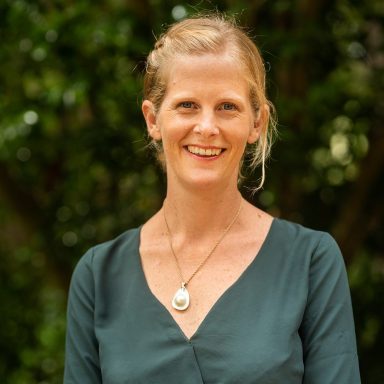International Noma Network
A hub for the noma community where researchers and stakeholders can share their latest work, publications, and news on noma at our monthly webinars and on our online platform.

What is Noma?
Noma, also known as cancrum oris, is a rapidly progressing infection of the oral cavity, with a reported 90% mortality rate if untreated. Treatment with antibiotics, wound debridement and nutritional support in the early reversible stages of the disease greatly reduces mortality and morbidity.
Once noma progresses past these stages, the sequelae of noma are numerous and include difficulty in eating, drinking, seeing and breathing. Noma mostly affects disenfranchised children who lack access to basic nutrition, hygiene services, and health care.
Noma is an important public health issue and its existence is a painful reminder of the existing global inequalities in food distribution, health care access and living conditions.
There is a dearth of research and literature on noma and numerous gaps in knowledge around this neglected disease.
Get Involved

Monthly online webinars
Free monthly webinars on noma presented by a variety of experts
Our team
Our team are passionate noma advocates. We are experts in our respective fields and hope that by combining our skills, we can raise awareness about noma and bring the noma community together.

Microbiologist
Dr Stuart Ainsworth
Stuart is a Senior Lecturer in the department of Infection Biology and Microbiomes at the University of Liverpool, UK, where he has a small active research team focusing on snakebite envenoming treatments.
Stuart was first introduced to noma in 2016 whilst working at the Liverpool School of Tropical Medicine, and was not only shocked by its cruelty, but also fascinated by its many parallels with snakebite envenoming; the clinical and social implications, the neglect of the disease and the intense advocacy to have the disease more widely recognised.
A microbiologist by training, Stuart has experience working on multi-aetiological veterinary infections with many similarities to noma. He is hoping to establish long-term laboratory based research into noma immunology and microbiology in the coming years, and is actively looking for potential collaborators and encourages you to get in touch.

Epidemiologist
Dr Elise Farley
Elise has worked in Western, Central and Southern Africa since 2007 managing medical and educational programs within the non-profit sector, and designing and running research projects.
Elise first met a noma survivor in Malawi in 2013, and since then has dedicated her professional working life to gaining a deeper understanding of this neglected disease. Elise completed a PhD in Public Health Medicine with a focus on noma in 2020.
There are several gaps in knowledge about noma that Elise is wanting to research in future including gaining an understanding of the burden and distribution of disease; the true mortality rate, the pathogenic cause(s) and the factors that influence prognosis and outcomes after treatment.

Oral health representative
John Button, MOPH
John is a Doctor of Dental Medicine (DMD) candidate at the University of Pennsylvania School of Dental Medicine.
In May of 2025, he became the inaugural graduate of the Master of Science in Oral and Population Health (MOPH) Program at Penn Dental Medicine where he completed his thesis, with honors, on noma and its risk factors. In 2022, he graduated Magna Cum Laude from Tufts University with a Bachelor of Science in Biochemistry and French.
John's primary research focus is on noma epidemiology and prevention methods. He also works as an appointed researcher in the Department of Oral and Maxillofacial Surgery at the Philadelphia VA Hospital where he models risk factors for oral surgery complications. John has a sincere passion for humanitarian work and surgery and will be pursuing advanced postdoctoral training in oral and maxillofacial surgery following his graduation from dental school in 2026.

Consultant and maxillofacial surgeon
Dr Mujtaba Bala
Dr Mujtaba Bala, is from Zamfara State, Nigeria. He graduated BDS from Dr Bhimrao Ambedkar University India, and obtained his fellowship from the West African college of surgeons. He works as a full time consultant as oral and maxillofacial surgeon with Usmanu Danfodiyo University teaching Hospital, and is a visiting senior lecturer with Usmanu Danfodiyo University Sokoto and visiting consultant at Noma Children Hospital Sokoto.
Dr Bala has more than 60 published articles, mostly focused on noma, and is currently doing a PhD in Oral and maxillofacial surgery at Usmanu Danfodiyo University Sokoto with special interest in Noma research.
We need your consent to load the translations
We use a third-party service to translate the website content that may collect data about your activity. Please review the details in the privacy policy and accept the service to view the translations.

